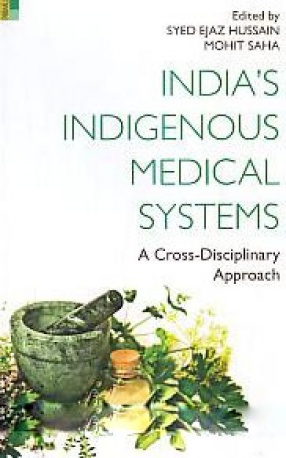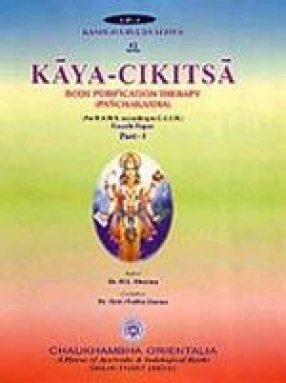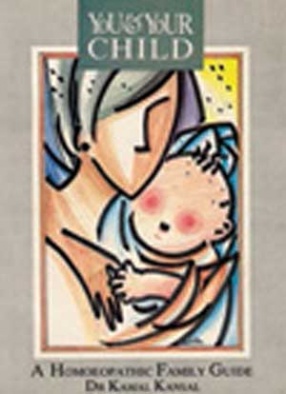India s Indigenous Medical Systems: A Cross-Disciplinary Approach brings together in one volume, essays by historians, botanists and physicians of indigenous as well as Western medicine to show how Indian medicine evolved, constantly adapting itself to the challenges posed by Western medical science. Among other things, this volume also highlights the development of medicine and public health under the patronage of Jahangir; the efficacy of Ayurveda in combating epidemics and fatal diseases; the introduction of vaccination in colonial Bengal and the social resistance to it; the rich heritage of folk and tribal medicine among the tribes of Birbhum; use of traditional herbs which have now become patent drugs for curing serious ailments like jaundice; and the development of organized documentation of ethno-botanical medicine in India. Several essays bring out how there was continuous conflict as well as collaboration between Ayurveda, Unani and Western medicine, and how each system learnt from the other. They also contend, however, that the lack of an understanding of the human anatomy and surgery, and a disregard for scientific research have thwarted the advancement of indigenous medical systems in India.
The Bengal Sultanate: Politics, Economy and Coins (AD 1205 – 1576)
The book presents a ...
$49.50
$55.00






There are no reviews yet.